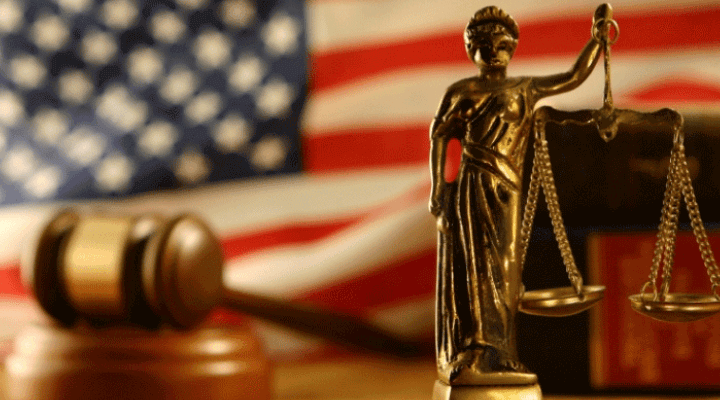Obscure executive orders may be just what the doctor ordered for curing insomnia; they certainly aren’t what anyone would consider pleasure reading. Nonetheless, Executive Orders 10865 and 12968 should be required reading for all security clearance holders.
The two Orders, signed by Eisenhower and Clinton, respectively, remain in effect to this day. Together, they form the underpinnings of administrative due process to which all security clearance holders are entitled in the event of a clearance denial or revocation.
If you’re reading this article, your career and livelihood most likely depend on maintaining that security clearance. Here are some basics you need to know to protect your clearance if you ever find it threatened.
THE GOVERNMENT IS REQUIRED TO TURN OVER THE EVIDENCE AGAINST YOU
Unless the basis for the government’s concerns is classified (which they would have to tell you), the agency denying or revoking your security clearance is required to turn-over, within 30 days, all documentation and other evidence used as the basis for their decision. Here’s the kicker though: you generally have to ask for it. Only a couple agencies – most notably, NSA – provide the documentation automatically at the time a Statement of Reasons (further discussed below) is issued.
Many people who fight their denial or revocation case pro se (without an attorney) fail to understand this or fail to appropriately format or submit their request, rendering it invalid. Obtaining the government’s file isn’t always critical (e.g. cases where the denial is based exclusively on information you self-reported), but you don’t know what’s in there until you actually look. Responding blindly to any allegations, particularly those based on documents you’ve never seen, is a huge mistake.
THE ALLEGATIONS AGAINST YOU MUST BE AS DETAILED AND COMPREHENSIVE AS NATIONAL SECURITY PERMITS
Unless your security clearance is suspended pending investigation of allegations against you, the first written communication you will typically receive from the government is called a “Statement of Reasons” (SOR). The SOR must be as detailed and comprehensive as national security permits – meaning that, unless classified, the reasons for the denial or revocation must be spelled out in detail.
While most agencies are quite good at laying out the factual basis behind their decision, a few are notorious for issuing SOR’s that are vague and poorly written. If you can’t understand what the agency is alleging – or it is unclear which facts the agency is alleging under which adjudicative guideline – don’t be shy about speaking up and asking for written clarification. I’ve seen some cases where the SOR was so poorly drafted it was impossible for the applicant to mount a meaningful challenge. That is an administrative due process violation, and one which can greatly impact the outcome of your appeal if not properly challenged.
YOU’RE ENTITLED TO YOUR PROVERBIAL DAY IN (ADMINISTRATIVE) COURT
At some point in the process of challenging a security clearance denial or revocation, all applicants are entitled to present their case in person before an appropriate agency official. When in the process – and to whom you are presenting – varies considerably from agency to agency. Some agencies offer the personal appearance early, while others save it for the final level of appeal. Some agencies utilize administrative judges, while others utilize a senior security official or even a panel of officials for the hearing.
Although the exact procedures and the identity of the deciding official(s) vary widely, the commonality is that the process is supposed to provide a fair forum for challenging an agency decision before a neutral decision-maker. With rare exception, pleading your case in person is typically recommended because it provides a chance to humanize you and allow the deciding official to better assess your sincerity and credibility.
These are just a few of the key provisions contained in the executive orders, but there are others that could be important to your case. If you find yourself one day in the difficult position of challenging a security clearance denial or revocation, take the time to first educate yourself on how the game is played before asking to be dealt-in. Better yet, seek out professional assistance from an attorney who has traveled down this particular road many times previously. With your career, reputation, and livelihood on the line, the stakes are just too high to forge ahead without first performing some due diligence.
This article is intended as general information only and should not be construed as legal advice. Consult an attorney regarding your specific situ




